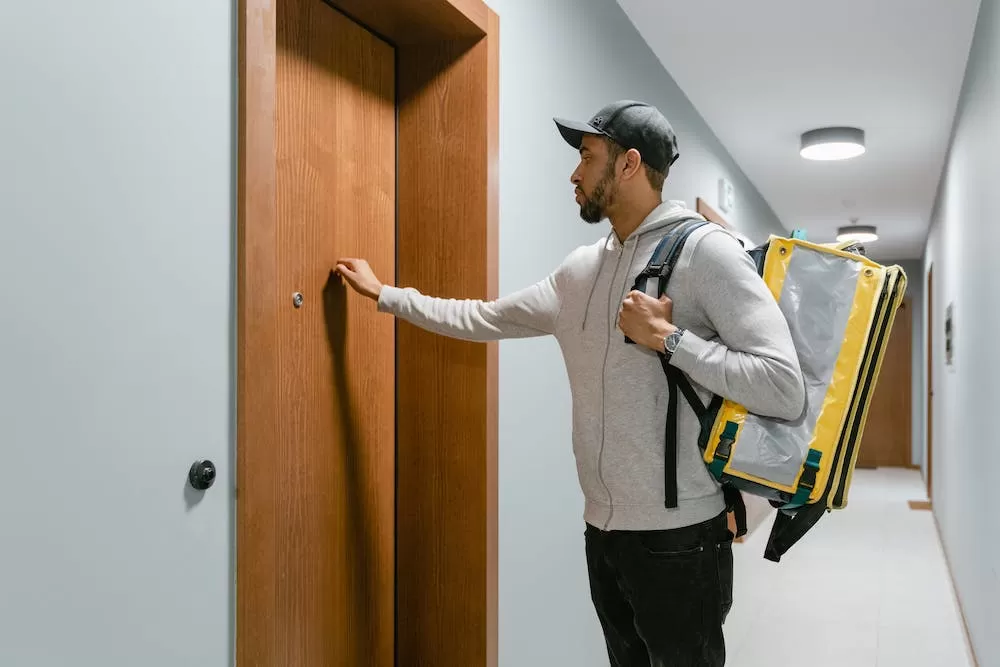Germans, just like any other nationality out there, often fall victim to stereotypes. Those who don't know them can't help but have their own ideas of what German people are like, most of which are, unfortunately, not that flattering. And when you go to Germany, you might be surprised at how different they really are from the stereotypes you were fed before. How will you socialize with them then? Well, as long as you know the country's social customs, you'll be fine! Here are some of what you need to do when socializing with Germans.
Use Proper Greetings
First and foremost, you have to greet people properly in Germany. Even if you don't know how to speak German, you can easily greet people with
Guten Morgen (good morning),
Guten Tag (good day), and
Guten Abend (good evening). Do note that
Guten Morgen is only used before noon,
Guten Tag is used while the sun is still up, and
Guten Abend is, of course, for evenings. Now, you might hear others commonly greet each other with
Hallo! but that's only for those who are close to you and vice versa. And if you're in the region of Bavaria, a good greeting would be
Grüß Gott, which means 'God's greetings.'
Know When to Use Sie and Du
Similar to other languages like Japanese or Spanish, German has both formal and informal versions. It boils down to the pronouns you use. If you're speaking formal German to strangers, business colleagues/clients
at work, and the like, you should use the pronoun
Sie. For instance, when asking 'could you help me?' you say '
Können Sie mir helfen?' Meanwhile, if you're speaking informal German to friends, family, and close acquaintances, you use the pronoun
Du. So when you ask the same aforementioned question, you say '
Kannst du mir helfen?' Though it can get confusing, it's very important to know when to properly use the two pronouns.
Take Care of Your Appearance
While Germany doesn't have its own 'fashion capitals' like France or Italy, appearances still matter here. You don't have to dress in designer clothing and whatnot to make a good impression, but it helps if you look clean and neat. And this bodes especially well in corporate settings, where you'll actually be required to dress appropriately. For the most part, Germans tend to dress conservatively when they go out. A nice button-down and a pair of jeans will do just fine, whether you're a girl or boy. And when it comes to what you ought to avoid, they include flip-flops, tennis shoes, and wearing pajamas outside.
Always Arrive on Time
Just like with how you dress, don't think that punctuality is only exclusive to corporate settings here in Germany. It's just as taboo to arrive at a social gathering as it is in a business meeting. Remember that when you set a time and place to meet up, you're also asking the other persons to make time for that scheduled event. So arriving late, even as little as five or ten minutes late, is considered extremely rude. If you can, let them know beforehand if you're going to be late. Also, when it comes to canceling a meet-up, it's better to let the others know at least a day before the scheduled time.
Don't Stare at People
This probably goes without saying, but Germans find it rude if you stare at them. Well, most people around the world would be disturbed if someone stares at them, right? So what makes the Germans any different? It's the fact that, despite how conservative the country generally is, Germans are pretty liberated when it comes to going nude. In select and very specific places, it's common for them to walk around in the buff. Case in point: the sauna. While other countries require people to go into saunas with towels, Germans are notorious for coming into one without anything on. And staring at their 'God-given goods' would be considered rude, no matter how good-looking they are.
Bring Your Own Hausschuhe
No matter where you are in Germany, be it in
Frankfurt, Berlin, or Munich, it's better to bring your own
hausschuhe, or house shoes. Just like Asian countries such as Japan, Korea,
Thailand, and the like, Germans are pretty particular when it comes to footwear in their homes. They prefer that you leave what you wore outside by the door. But instead of letting you in barefoot, like in most Asian countries, German households often have
hausschuhes prepared for you. However, it's also become common that you bring your own for better convenience. And after the Covid-19 pandemic, it might be more sanitary and safer for you too!
Knock on Closed Doors
Another social custom that goes without saying: knocking on doors. Of course, when you go to someone else's house or room, you knock first to know if you can open it or not. However, closed doors, especially in corporate settings, tend to have different meanings. If, for instance, you see a closed door in an office, many of your German colleagues would think that outsiders aren't allowed inside. For the most part, this isn't necessarily true. And you wouldn't know it if you didn't knock and ask if you can enter or not.
Be Careful when Giving Flowers
Gift-giving is fairly common when socializing in Germany. However, there are a lot of taboos you need to avoid, such as giving expensive luxury items or waiting to open your gifts at home instead of when they were given to you. For the most part, the most common gift is a bouquet of flowers, but even this has a lot of other rules attached to it. For instance, never give a bouquet that has an odd number—especially the number 13—of flowers in it. This is considered bad luck. Be careful when giving red roses too, as Germans perceive it as a romantic gesture more than anything else. And as much as possible, avoid giving lilies or chrysanthemums unless it's for a funeral.
Regardless of what you think about Germans, you need to follow their social customs when you're in Germany. You might be surprised at how they behave if you do it properly. But at the same time, you might also be shocked at what happens if you offend them.
Hopefully, your network in Germany will grow so big that you might even get a lot out of it. Even getting. a
luxury home here won't be too farfetched!




